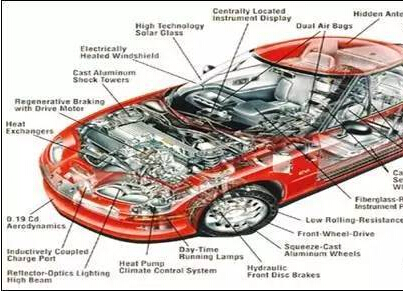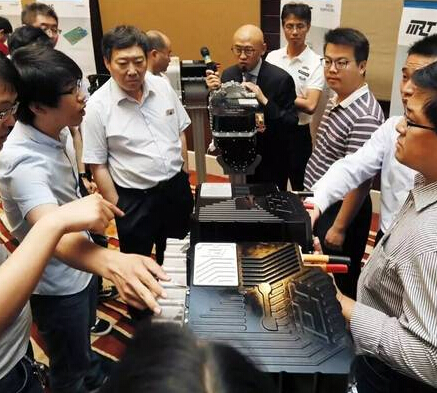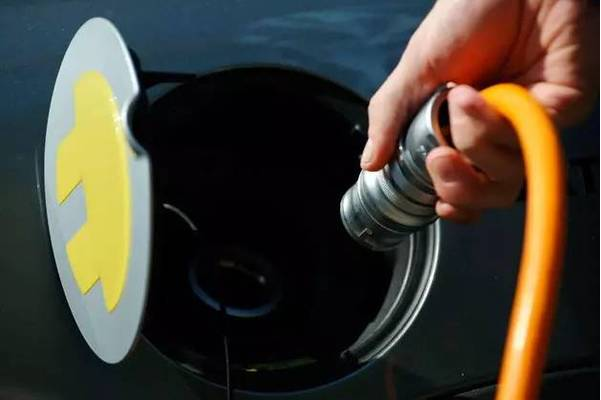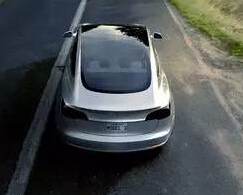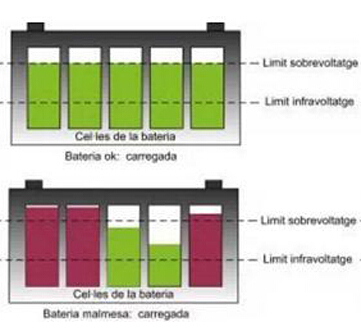“Electric vehicles are now ‘recalling tides’, and 1.5 vehicles are recalled for every 100 units sold.” A message about “recalls” brought the quality of electric vehicles into the whirlpool of public opinion. Has the increase in the number and frequency of recalls shaken the foundation of the development of electric vehicles? Is the brake system of electric vehicles really a "technical pain point" for its development?
“There is a recall of 1.5 vehicles per 100 electric vehicles. This ratio is not large.” On December 4, Jia Xinguang, executive director of the China Automobile Dealers Association, said in an interview with this reporter that in the United States, the number of recalled cars per year Even higher than the number of factory cars, so the quality of electric vehicles cannot be judged simply by the number of recalls.
“There is a problem with the vacuum brake pump, which results in poor braking system. In short, it is more difficult to step on the brakes, and it can be fully compensated by electric power.” For the recent two recalls caused by brake-assisted vacuum pump defects In the case, Du Fangci, an adviser to the China Association of Automobile Manufacturers, also responded to this reporter that the brake system of electric vehicles is not a "technical pain point."
"1 fuel vehicle recalls every 4 vehicles"
According to the information disclosed by the Quality Supervision Bureau of the General Administration of Market Supervision on October 31, as of the end of October this year, the recall of domestic new energy vehicles involved 5 enterprises and 24 models, with a total of 35,600 defective vehicles. The causes of defects were mostly electronic control and Mechanical failure. According to this, the recall rate of domestic new energy vehicles has reached 1.5%. “Every 100 vehicles sold, 1.5 vehicles were recalled”.
If you simply do a numerical comparison, is the 1.5% recall rate high? Yan Fengmin, director of the Law Enforcement Department of the General Administration of Quality Supervision, Inspection and Quarantine, said in an exclusive interview with this reporter that since the implementation of the defective automobile product recall system in China in 2004, almost one out of every four vehicles in China has been recalled. In other words, in the field of fuel vehicles in China, the recall ratio has reached 25%.
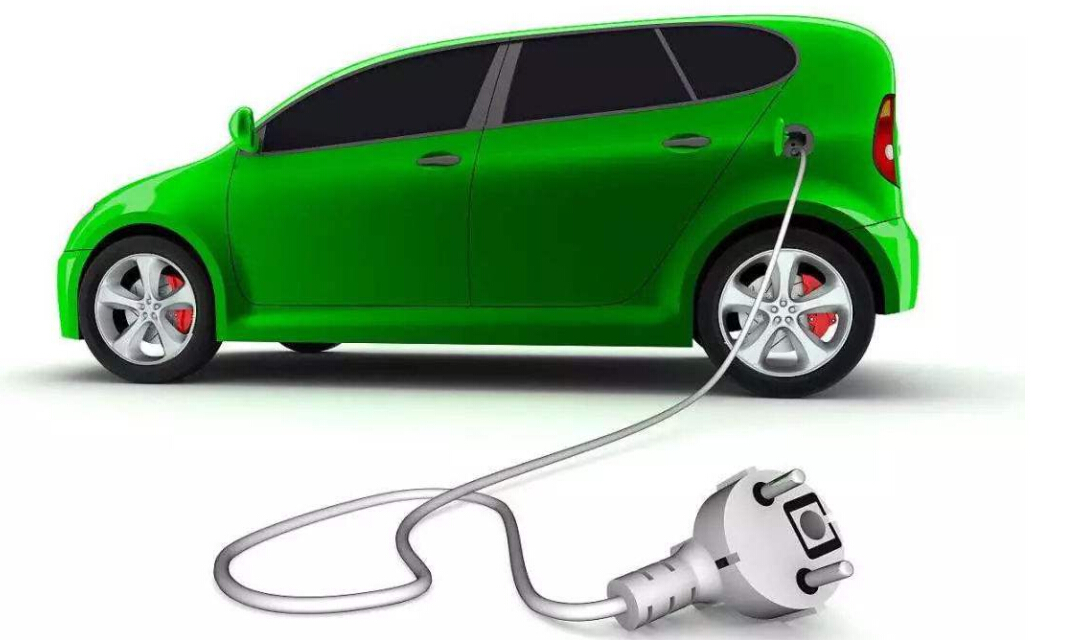
On November 30, the General Administration of Market Supervision also issued a number of recall information, two of which involved electric vehicles: First, Beijing Motors recalled 69,358 pure electric vehicles due to problems such as brake booster vacuum pumps; second, Jiangnan Yun 100S was also due to With the help of vacuum pumps and other issues, 13706 electric vehicles were recalled.
It is understood that because the electric vehicle is driven by a motor, the traditional engine is eliminated, the vacuum source is lost, and the vacuum brake is not provided for the brake master cylinder of the automobile. Therefore, the electric vehicle is equipped with a vacuum booster pump to make up for this deficiency.
"Because there is no engine to provide braking force, the brake problem of pure electric vehicles has always been a technical pain point." Some experts believe that if there is a problem with the vacuum brake pump of the electric vehicle, the lack of vacuum will result in poor braking system and threat. Driving safety.
“From mechanical braking to hydraulic braking to intelligent braking, the brake system has been developed very well in the traditional automotive industry. As a reference, electric vehicle manufacturers are fully capable of coping with this problem.” Looking at Jia Xinguang Come, the brake problem of electric vehicles is still not a stumbling block in the development of electric vehicles.
"In the early days of the car, there was no power-assisting system. Whether it was braking or turning, the driver was only laborious when operating." For the problems of vacuum brake pumps that appeared one after another, Du Fangci said that the brake system of electric vehicles is as long as the driver is operating properly. It is not a technical or quality issue, and it can be compensated by other forms such as electric assistance.
"Battery problem" is still the core bottleneck
"The recall is not terrible." Jia Xinguang said that both the media and consumers must reverse their ideas and cannot interpret the increase in the number and frequency of recalls as quality issues. They should not be over-interpreted and crack down on the responsibility of electric vehicle companies to fulfill their recalls. Enthusiasm
In fact, as a labor-intensive and technology-intensive industrial product, the automobile is composed of tens of thousands of parts and components. It has experienced dozens of production and assembly processes on the production line. It is impossible to have no flaws. The country will implement a car recall system. It is also a remedy to take into account the complex nature of automotive products and to address unforeseen problems that may exist.
"The biggest bottleneck in the development of electric vehicles is still the battery problem." Jia Xinguang said that the most urgent solution for the electric vehicle industry is still how to "run far, charge fast, and low prices".
The reporter learned from the Defective Product Management Center of the General Administration of Market Supervision that more than 40 incidents of new energy vehicles have occurred since the beginning of this year. The safety of new energy vehicles has received public attention.
"The fire incident is exposed to the safety and reliability of the battery." Du Fangci said that electric vehicle batteries are a worldwide problem, "including Tesla has not been resolved."
“The average family car is designed to carry 5 passengers, each with a design weight of 75 kg, and some electric car photovoltaic cells weigh up to 700 kg.” Du Fangci said that electric vehicles want to achieve rapid development, but also to achieve battery "slimming" To solve the problem of "energy consumption and emission reduction".
















 RCCN WeChat QrCode
RCCN WeChat QrCode Mobile WebSite
Mobile WebSite
